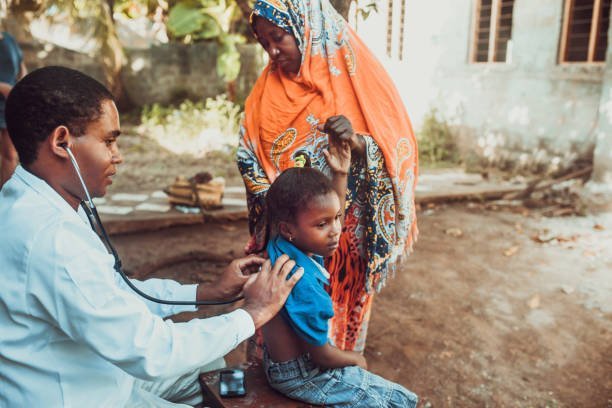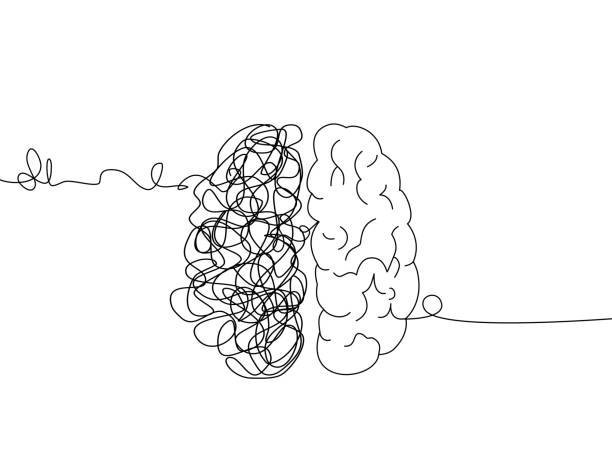The 10 Main Causes of Teenage Pregnancy in South Africa

What are the 10 Causes of Teenage Pregnancy in South Africa? On this page, we outline and discuss the ten causes of teenage pregnancy in South Africa. Teenage pregnancy is a significant social issue in South Africa, with high rates of unintended pregnancy among young people. The prevalence of teenage pregnancy is a great concern in South Africa due to its negative impact on the health, education, and economic outcomes of teenage mothers and their children.
According to STATS SA, 90 037 girls aged 10 to 19 years gave birth from March 2021 to April 2022, across all provinces. This is significantly higher than the global average. Furthermore, teenage pregnancy is more prevalent in rural areas and among lower-income households.
Teenage pregnancy can have serious health consequences for both the mother and child, including an increased risk of maternal mortality, premature birth, low birth weight, and neonatal mortality. Teenage mothers are also more likely to drop out of school, limiting their education and employment opportunities, which can lead to poverty and social exclusion. Children born to teenage mothers are also more likely to experience poor health and educational outcomes, perpetuating the cycle of poverty.
Addressing the issue of teenage pregnancy in South Africa requires a comprehensive approach that takes into account the various social, cultural, economic, and educational factors that contribute to this problem. This includes increasing access to comprehensive sexual education, improving access to contraception, and addressing social and cultural attitudes that contribute to stigma and discrimination against teenage mothers. By addressing these factors, we can work to reduce the prevalence of teenage pregnancy and improve the health and well-being of teenage mothers and their children in South Africa.
10 Causes of Teenage Pregnancy in South Africa?
Teenage pregnancy is a significant social issue in South Africa, and there are many factors that contribute to its high prevalence. Here are ten possible causes of teenage pregnancy in South Africa:
- Lack of access to comprehensive sexual education: Many teenagers in South Africa receive inadequate or incomplete sexual education, which can lead to misunderstandings about reproductive health and an increased risk of unintended pregnancy.
- Poverty: Teenagers from low-income families may have limited access to healthcare, contraception, and education, making them more vulnerable to unintended pregnancy.
- Sexual violence and abuse: Teenagers who experience sexual violence or abuse may be at higher risk of unintended pregnancy, especially if they do not receive appropriate support and care.
- Peer pressure: Teenagers may feel pressure from their peers to engage in sexual activity, leading to unintended pregnancy.
- Lack of parental involvement and support: Teenagers who do not have supportive parents or caregivers may be more likely to engage in risky sexual behavior and have unintended pregnancies.
- Cultural beliefs and practices: Some cultural beliefs and practices in South Africa may discourage the use of contraception or discourage discussions about reproductive health, leading to an increased risk of unintended pregnancy.
- Lack of access to contraception: Teenagers who do not have access to contraception may be at higher risk of unintended pregnancy, especially if they are not aware of other methods of preventing pregnancy.
- Early sexual debut: Teenagers who engage in sexual activity at a younger age may be at higher risk of unintended pregnancy due to a lack of experience and knowledge about contraception.
- Substance abuse: Teenagers who abuse drugs or alcohol may be more likely to engage in risky sexual behavior and have unintended pregnancies.
- Stigma and discrimination: Teenagers who become pregnant may face stigma and discrimination, which can limit their access to healthcare and support services.
Video: Concerns over high teenage pregnancy in SA
It’s important to note that each case of teenage pregnancy is unique, and there may be many other contributing factors that are not listed here. Addressing the issue of teenage pregnancy in South Africa requires a comprehensive approach that takes into account the various social, cultural, economic, and educational factors that contribute to this problem.
Effects of Teenage Pregnancy in South Africa
Teenage pregnancy has several negative effects or consequences on the individual, the family, and the community in South Africa. Here are some of the effects of teenage pregnancy in South Africa:
- Health consequences for the mother: Teenage mothers are at a higher risk of complications during pregnancy and childbirth, including high blood pressure, anemia, and premature birth. They may also be less likely to receive prenatal care, leading to poor health outcomes for both mother and child.
- Educational and economic consequences: Teenage mothers are more likely to drop out of school, limiting their educational and employment opportunities. This can lead to poverty and social exclusion, perpetuating the cycle of poverty.
- Social consequences: Teenage pregnancy can lead to stigma and discrimination, which can cause mental health issues for both the mother and child.
- Increased risk of child abuse and neglect: Teenage mothers may not have the knowledge or resources to provide adequate care for their children, leading to an increased risk of child abuse and neglect.
- Increased risk of HIV/AIDS and other sexually transmitted infections (STIs): Teenage mothers are more likely to have multiple sexual partners and engage in risky sexual behaviors, leading to an increased risk of HIV/AIDS and other STIs.
- Intergenerational effects: Children born to teenage mothers are more likely to experience poor health and educational outcomes, perpetuating the cycle of poverty and leading to long-term social and economic consequences for families and communities.
Addressing the issue of teenage pregnancy in South Africa requires a comprehensive approach that takes into account the various social, cultural, economic, and educational factors that contribute to this problem. By addressing these factors, we can work to reduce the negative effects of teenage pregnancy and improve the health and well-being of teenage mothers and their children in South Africa.








